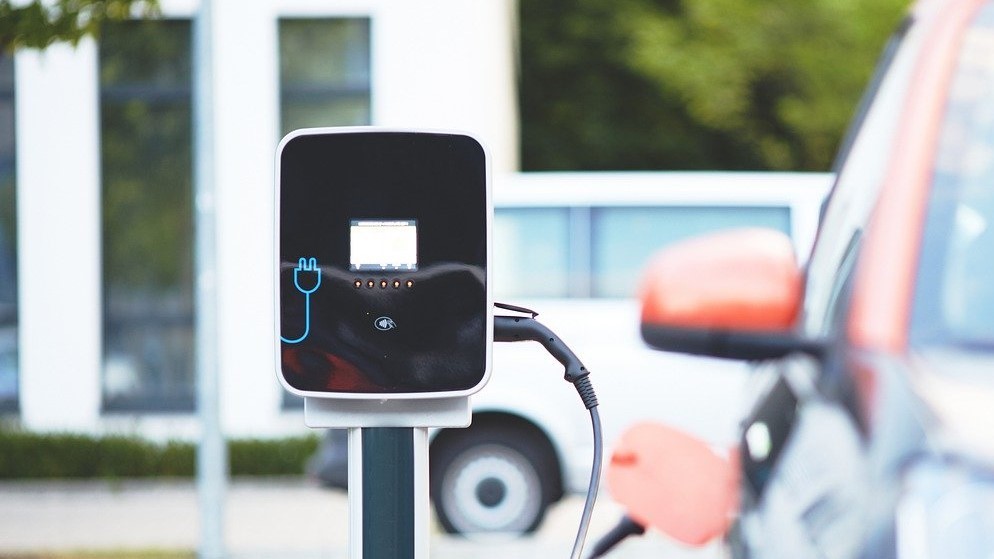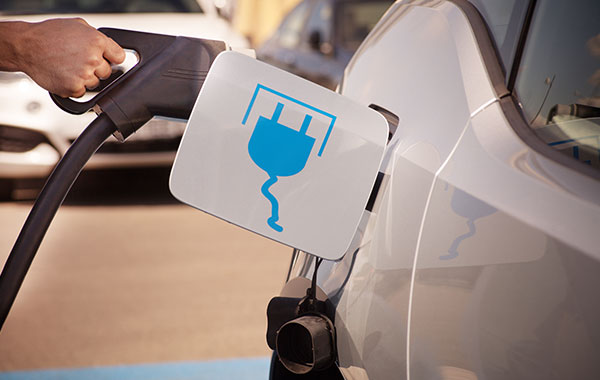The EU has set new requirements to ensure that new homes are prepared in such a way that charging infrastructure for electric cars can be created cost-effectively in the future. The Bundestag is to pass the Building Electromobility Infrastructure Act (Gebäude-Elektromobilitätsinfrastrukturgesetz, GEIG), which is currently being discussed in parliament.
VDIK President Reinhard Zirpel commented: “The ability to be able to charge at home or at work plays a key role for the rapid ramp-up of electric mobility. The construction of new buildings offers great potential for creating a new charging infrastructure. Germany should therefore not only transpose the Buildings Directive into national law on a one-to-one basis, but also take a much more ambitious approach, so that in future preparations are made for every new building”.
From the point of view of international manufacturers, the proposed legislation is of great importance for the success of electromobility. In view of the new EU Commission’s Green Deal and the already existing requirements to reduce CO2 emissions from new vehicles, electromobility is gaining enormously in importance. At least 60 percent, but more likely up to 85 percent of the charging processes of electric cars will take place at home or at work. The expansion of the private charging infrastructure is therefore of outstanding importance.
However, the current draft law is only intended to implement the requirements of the EU building directives on a one-to-one basis. This means that Germany will only implement the minimum European requirements. However, Germany should set much more ambitious targets.





